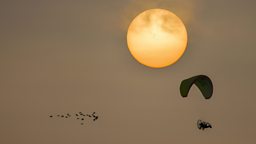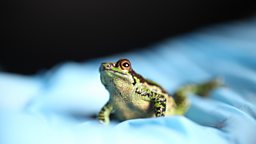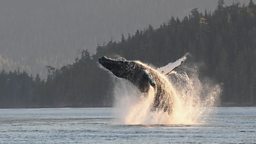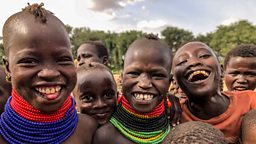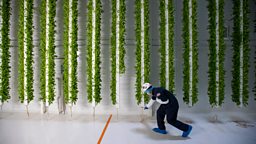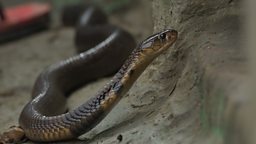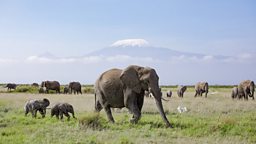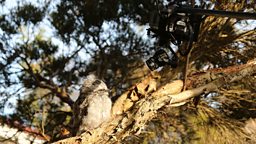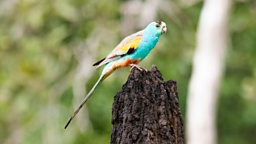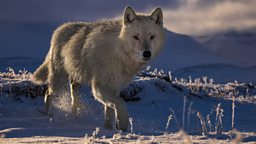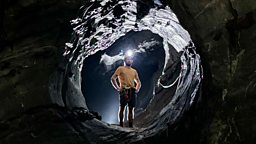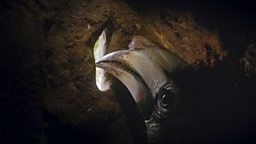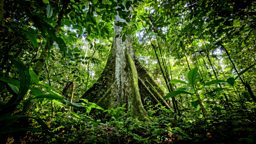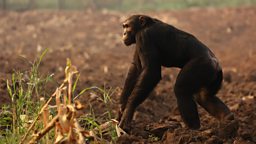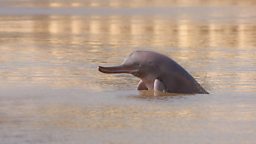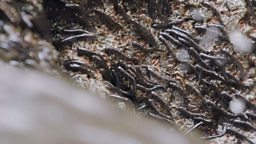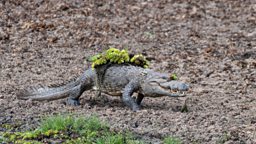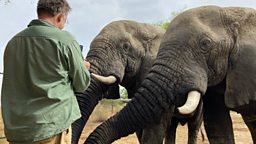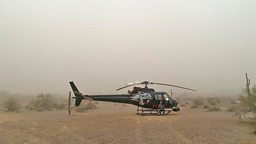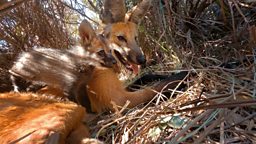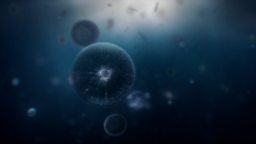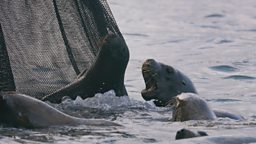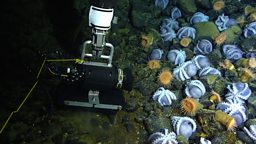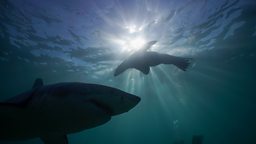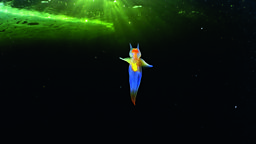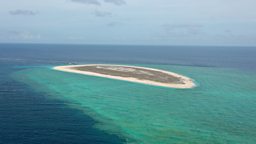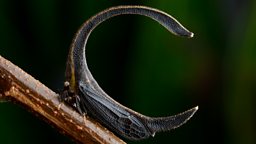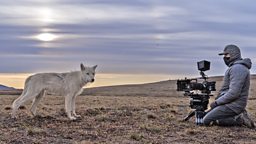Q & A with an undercover agent
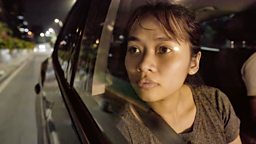
What made you want to do undercover work?
I started in wildlife conservation when I was 16, as a volunteer in Hanoi, educating secondary school students on the impact of the illegal wildlife trade. But I never thought of working as an undercover investigator. I didn’t believe I was brave enough, strong enough, or witty enough for such work. However, in 2013, I was diagnosed with cancer, and it was definitely a turning point in my life. You never know what is around the corner and so if there is anything you can do, you might as well just do it. Opportunities arose when I was working in Cambodia conducting market surveys to estimate the illegal trade of elephant ivory in the country. Then as I gained more experience, I got to know organisations working to stop the illegal trade network and I joined them.
Can anyone do undercover work?
I must warn that this job is also very demanding and dangerous as you come in contact directly with criminals. You need to be well-trained, able to analyse the situation, and to follow the investigation team orders closely. Many wildlife criminals are also involved in other crimes, such as money laundering, kidnapping, prostitution and even murder.
Who were you working with in Abidjan?
I was working with the (Eco Activists for Governance and Law Enforcement). They are an amazing group of people, from many different countries, but with a very clear, determined goal, to act against the illegal trade in wildlife, timber and related criminal activities, including corruption.
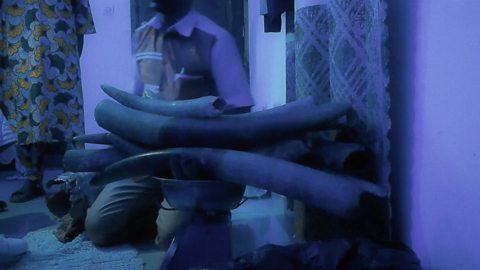
An illegal ivory sting operation in Cote d'Ivoire, West Africa
Trang Nguyen is working undercover in Abidjan to catch criminals trading in illegal ivory.
What is your background?
I was trained as a wildlife conservation scientist. My whole education was in the UK, where I obtained a BSc, 2 Masters degrees and a PhD, all in biodiversity management & wildlife conservation.
Why are elephants your favourite animal?
I am fascinated by all animals, but I have always had a soft spot for elephants. Years ago, while conducting research in Kenya, I witnessed a young elephant limping with a broken leg. The poor elephant was really slow and falling behind. Then all of sudden an older elephant walked back from the herd and leaned her forehead to his, twisted her trunk as if she was holding him and then helped him back to the herd. I felt immensely moved by this. They are such intelligent, emotional, loving animals and I feel like we, as a human species, have so much to learn from them.
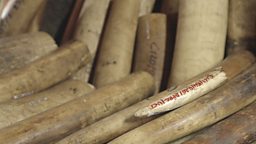
How would you change conservation?
I think that wildlife conservation is a sector that is dominated by men. Even though you might see many students and early career conservationists are women, if I look at those in higher positions, the majority are men.. Currently, my organisation WildAct is the only conservation organisation in Vietnam with . We also enable opportunities for early career conservation women to increase their role in project development and management.
You set up WildAct – a conservation group in Vietnam. What else are they working on now?
Since 2021, we have been working to protect migratory birds, many of which stop over in Vietnam or use our coastal areas as their feeding and breeding site. Some of these species, such as the Spoon-billed sandpiper are critically endangered. They migrate all the way from north-eastern Russia to China, Vietnam, Thailand, Bangladesh and Myanmar. During the migration season, many kilometers of mist-nets are erected across the coastal provinces, catching millions of birds. Although the Vietnamese government has called for action to stop the migratory bird crisis, very little has been done. Currently, we are working to increase awareness with the local communities about , including livelihoods, and also supporting law enforcement in some of the important bird areas within the country. Our work can be very challenging, as the team can be threatened and chased by illegal bird poachers.
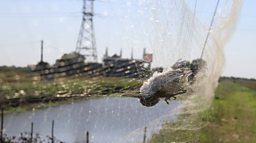
Don’t you also write graphic novels (illustrated books/comics)?
Yes! I have published five books in Vietnamese so far. Two of these are graphic novels and they have been published in over eight countries. These graphic novels tell the story of a young Vietnamese girl who dreamed of being a conservationist and how she overcame challenges to make her dream come true. The first book tells the story of Sorya the sun bear, who was rescued from the illegal bear trade. It highlights the cruelty of the bear bile industry, and how destructive it is to the bear population in Asia. The second book highlights an Asian elephant called H’Non who was kidnapped when she was very small and forced to work as a working elephant at construction site. When she was too old for such a heavy job, they made her carry tourists on her back. It shows the dark site of unsustainable tourism and calls for a stop to animal exploitation at tourist spots.
Are you optimistic about the future for wildlife?
It's hard to stay optimistic after working in this sector for a while and seeing how depressing it is and experiencing the negative impacts that humans have caused. But I am still trying to stay hopeful and that things will get better. Every single action, no matter how small, will create a change and a million of those actions can protect lives, somehow, somewhere.

